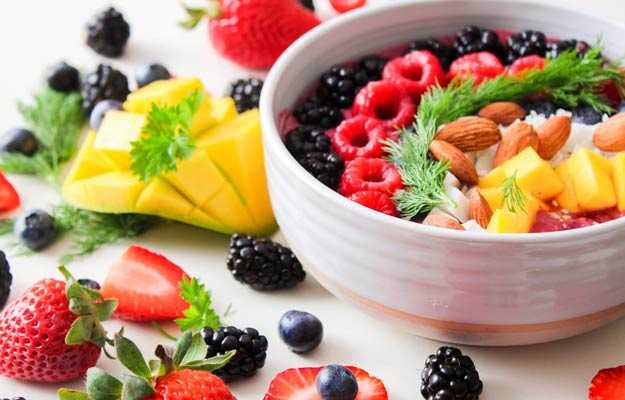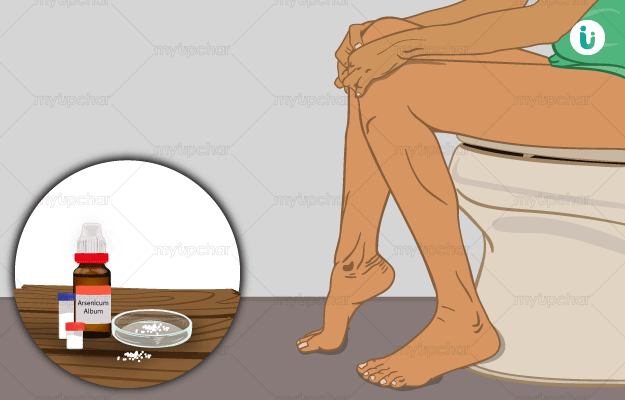There are certain food options that can increase acid reflux, gas, constipation, inflammation and other conditions which can flare up and worsen the condition. Try to avoid having the following:
Spicy and greasy food: Spicy, fried, greasy and fatty foods can all cause heartburn and lead to reflux because they prevent the lower esophageal sphincter from fully tightening; this creates an opening for stomach acids to flow upward which can work as a trigger.
Foods that increase inflammation in the body: Evidence suggests that eating too much added sugar and too many refined carbohydrates can cause inflammation in the stomach. So try to avoid white sugar, honey, fruit juices, all-purpose flour, sweets, carbonated and energy drinks, etc.
Smoking and alcohol: Alcohol and smoking can increase stomach acids and lead to ulcers. Do not drink alcoholic beverages or smoke if you have GI bleeding.
Caffeine-rich foods and drinks: Caffeine can dehydrate your body, which increases the risk of constipation; this can lead to gastrointestinal bleeding in few diseases. If you crave caffeinated foods and drinks, replace your tea, coffee, energy drinks and chocolate with non-caffeinated green tea, turmeric tea, herbal tea, lemon water, buttermilk and jaggery, etc.
Processed foods: Processed food is bad for the gut as it can have a harmful effect on the ‘good bacteria’ that live in our gut, interact with our immune system and work as a trigger that leads to chronic inflammation and other health conditions which can cause blood in the stool. To eliminate this food group, choose home-cooked food and avoid ready-to-eat items like french fries, packaged snacks (chips, namkeen, biscuits), bakery products (cake, pastry), processed meat items (bacon, sausage, ham, salami), etc.













